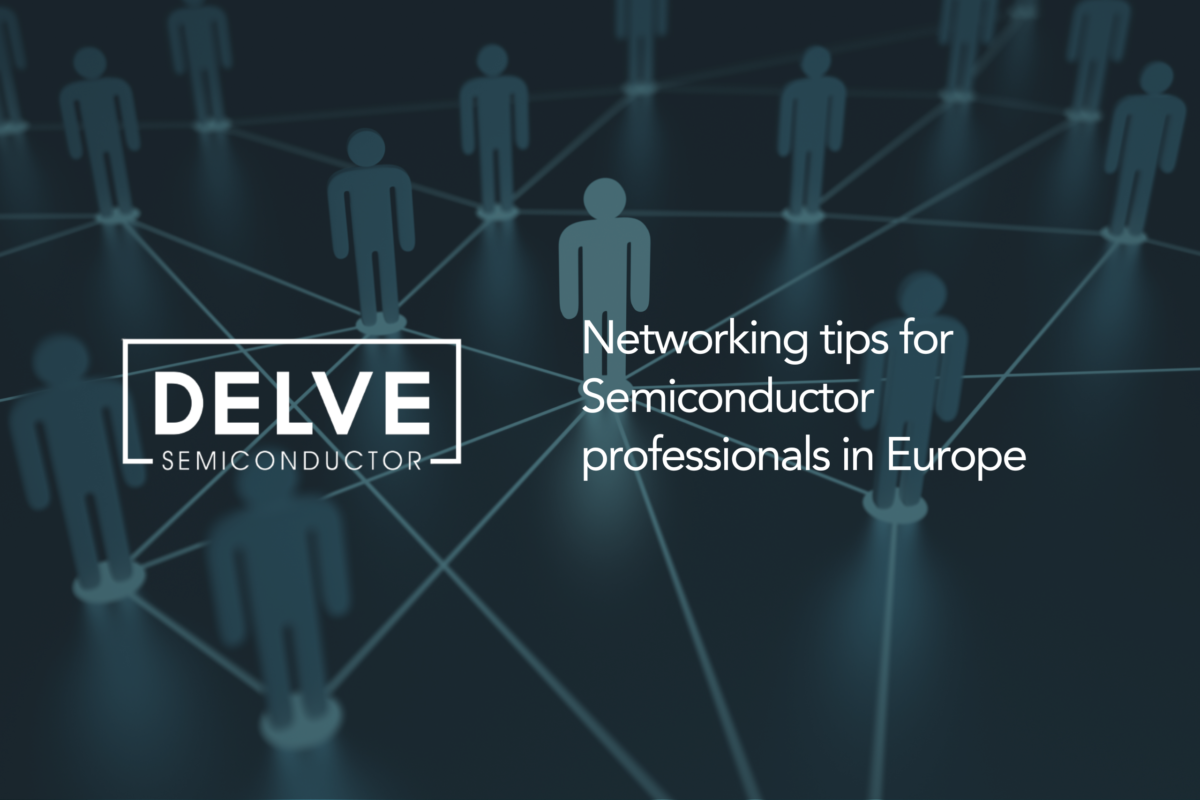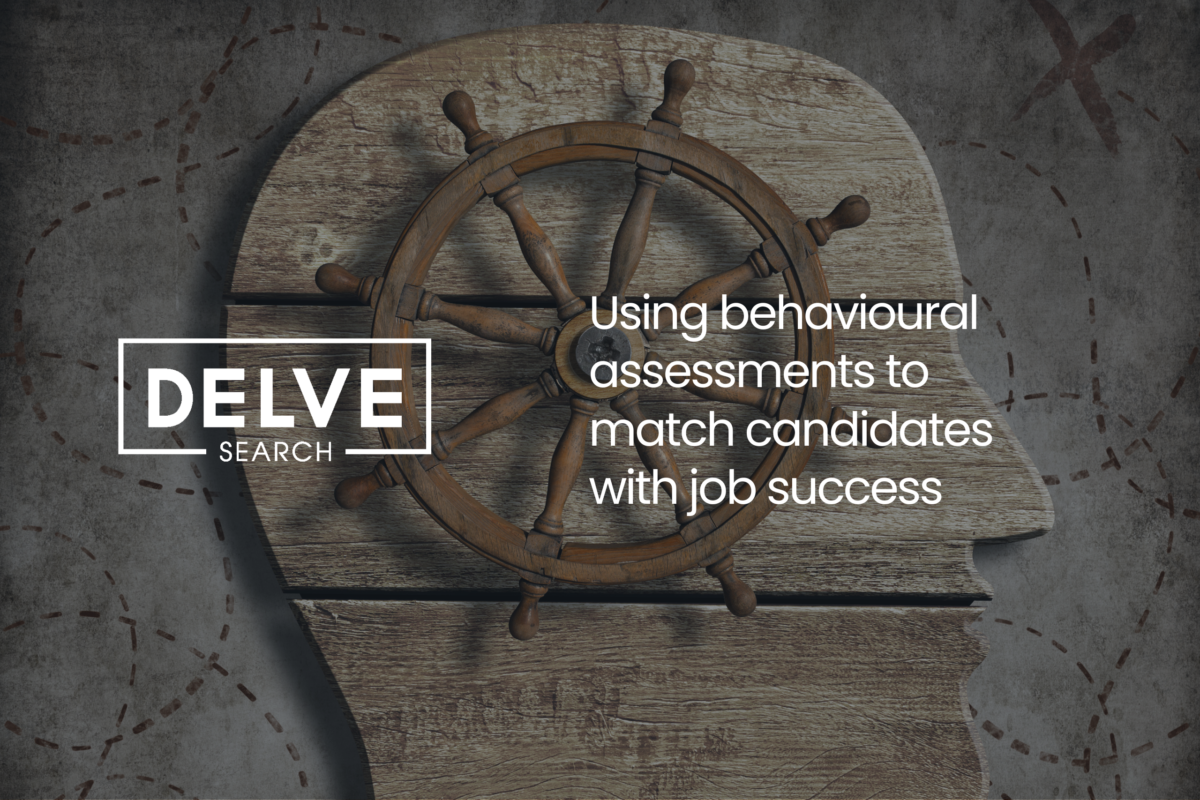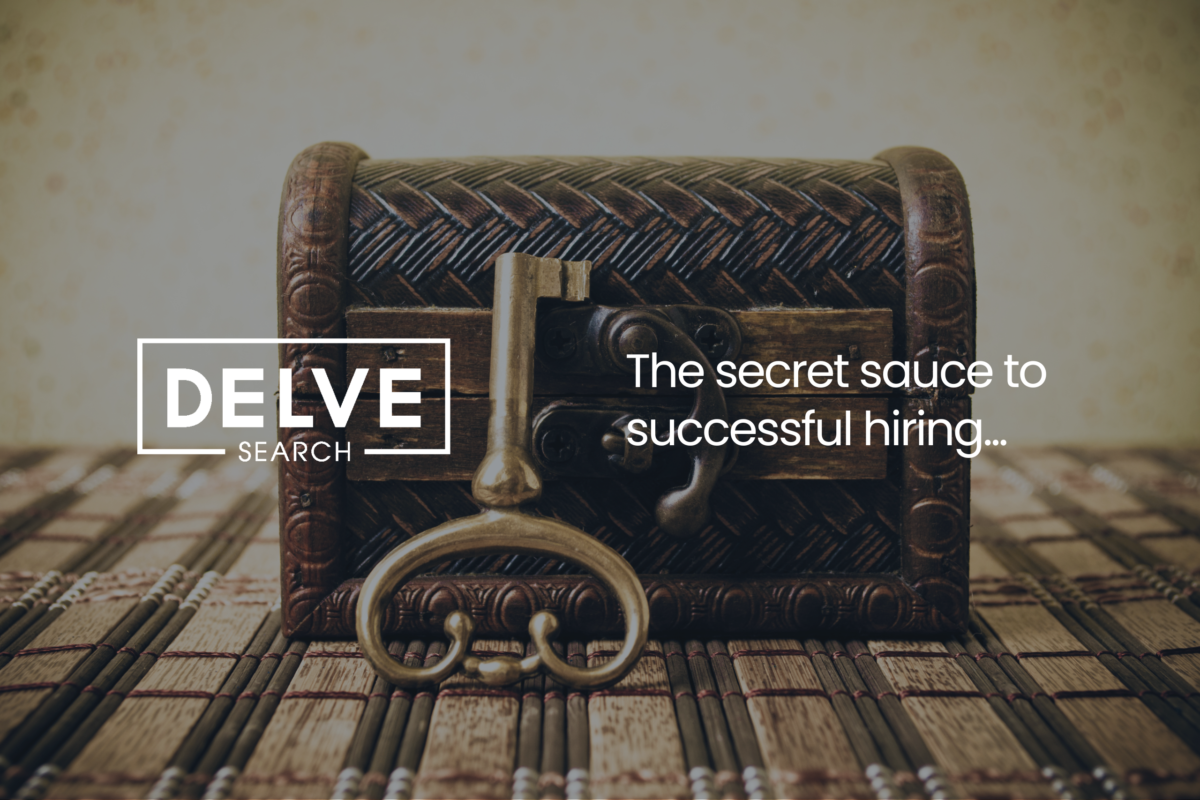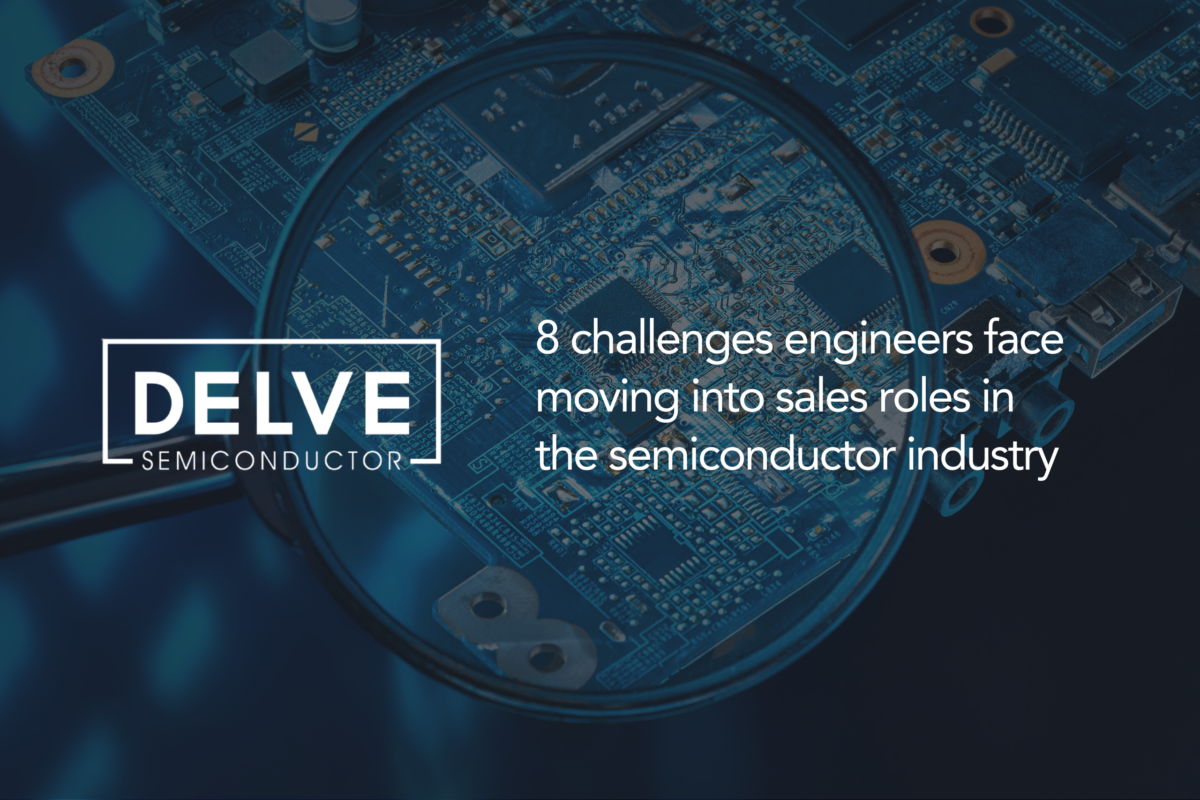
Technical vs. Leadership Career Paths: Which One is Right for You?
By Gareth Foden
Choosing between a technical or leadership career path is a pivotal decision for engineers, influencing both professional satisfaction and career progression. This choice often comes down to a preference for deepening technical expertise or embracing management responsibilities. Let’s explore both paths, incorporating concepts like the bell curve and Y-shaped career graphs to provide a balanced perspective.
The technical track
Engineers on the technical track focus on refining their specialised skills, becoming subject matter experts in areas such as software development, mechanical design, or chemical processes. This path allows for immersion in complex problem-solving and innovation without the added responsibilities of managing people. As engineers progress, they may attain titles like Senior Engineer, Principal Engineer, or Technical Fellow. Many organisations recognise and reward high-level technical expertise with roles that carry influence without requiring a transition into management.
The leadership track
Alternatively, the leadership track involves transitioning into roles that require managing teams, projects, and strategic initiatives. Engineering Managers and Technology Leaders not only oversee technical projects but also mentor staff, allocate resources, and align engineering goals with business objectives. This path is well-suited to those who enjoy guiding others and shaping the direction of an organisation. However, leadership roles still require a strong technical foundation to make informed decisions and earn the respect of technical teams.
The bell curve in career progression
The bell curve, or normal distribution, is often referenced in performance evaluations and career growth. It suggests that a majority of professionals perform at an average level, with fewer individuals achieving exceptionally high or low performance. However, this model has faced criticism for potentially fostering competition over collaboration and failing to account for individual growth trajectories. Some argue that career progression is more fluid and does not always follow a strict normal distribution.
The y-shaped career path
The Y-shaped career path illustrates the decision point where engineers choose between continuing in a technical role or moving into management. This model emphasises that both paths are valuable, and the choice should align with personal interests, strengths, and career aspirations. It is also possible to transition between tracks, although this may require additional training or adjustments. Many organisations offer parallel career progression opportunities, allowing engineers to advance without necessarily moving into leadership roles.
Making the decision
When considering which path to pursue, reflect on the following:
- Self-Assessment: Do you gain more satisfaction from solving technical challenges, or do you enjoy leading and mentoring others
- Career Aspirations: Where do you see yourself in the future? Technical roles can lead to positions such as Chief Engineer, while leadership paths may progress to executive roles.
- Skill Development: Technical paths require continuous learning in specialised areas, whereas leadership roles demand skills in management, communication, and strategy.
- Organisational Structure: Some companies provide dual career ladders that value both technical expertise and leadership, allowing for advancement in either track.
Ultimately, there is no right or wrong answer—just the path that best suits your strengths and ambitions. Both technical expertise and leadership skills are crucial to the success of engineering teams, and companies increasingly recognise the need for excellence in both domains. Whichever route you choose, staying adaptable and continuously learning will help you succeed.
Ready to take the next step in your career? Whether you’re drawn to deep technical expertise or inspired by leadership opportunities, making a conscious choice about your path is key to long-term success. Assess your strengths, explore your options, and take proactive steps toward the career that aligns with your ambitions. Stay curious, keep learning, and shape your future with confidence.
Reach out to our team to see how they can support you on your journey.
Email: info@delverec.com
Call: +44 1606 212020
Share This Blog
Recent Articles
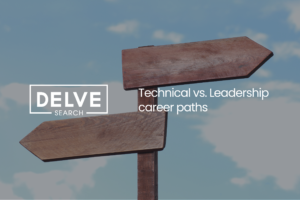
Technical vs. Leadership career paths

The hidden engine of Germany’s innovation: Why the future of engineering relies on a proactive approach
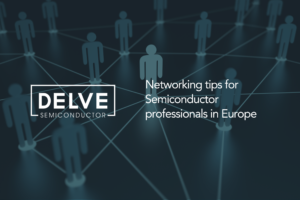
Networking Tips for Semiconductor Professionals in Europe

Key workforce challenges in the Advanced Engineering sector

Breaking into the Semiconductor Industry: Tips for engineering graduates



